Here are some key points about BMW's hydrogen strategy:
Hydrogen Fuel Cell Vehicles: BMW has been developing hydrogen fuel cell technology for use in passenger vehicles. They have showcased several concept vehicles and prototypes that use hydrogen fuel cells to generate electricity for propulsion. These vehicles are often referred to as "BMW i Hydrogen NEXT." The first car is BMW iX5 Hydrogen.
Collaboration: BMW has engaged in partnerships and collaborations with other companies and organizations to advance hydrogen technology. They have worked with Toyota on hydrogen fuel cell development, sharing expertise and research.
Sustainability: BMW emphasizes the importance of using green hydrogen produced from renewable sources, such as wind or solar energy, to power its fuel cell vehicles. This approach ensures that the hydrogen production process is environmentally friendly and aligned with their sustainability goals. They have used hydrogen in their factories since 2013 and have already made parts of the manufacturing process CO2 neutral.
Hybrid Approach: BMW has a hybrid approach that combines hydrogen fuel cell technology with battery electric vehicles (BEVs). This would provide flexibility in vehicle power sources and help meet varying customer needs. BMW believes it is premature to rely solely on one solution.
Hydrogen Infrastructure: The success of hydrogen fuel cell vehicles depends on the availability of a hydrogen infrastructure, including refueling stations. BMW, along with other automakers, was working to promote the development of hydrogen refueling infrastructure in regions where they planned to introduce their fuel cell vehicles.
All this is part of their overall strategy when it comes to hydrogen. Thomas Becker is the Head of Sustainability at BMW, and he gave us a fascinating look inside the thinking of BMW. He also explains, why it is so important for all nations to work together on a global hydrogen strategy.
Becker knows about the complexities of the environmental politics. From 1995 until 2002, he worked as a Consultant for Environmental Policy for the German Industry Lobby (Bunderverband Deutsche Industrie). But as a former Deputy Managing Director for the VDA, the German car manufacturer lobby, he also has a profound insight into how the car industry works. In 2007, he became the Vice President Governmental and External Affairs at BMW and changed in 2019 into his role as Vice President Sustainability.
In case you missed it:
"Hydrogen is changing the course of the company" Maria Röttger, president and CEO of Michelin EUN
Listen now (25 mins) | When talking about tyres, the name Michelin quickly comes up. The French company is one of the leading providers and developers of tires for road traffic. However, the company is also involved in other areas, including hydrogen research. Michelin has been working on hydrogen fuel cell technology for more than 15 years. The fourth generation is currently …

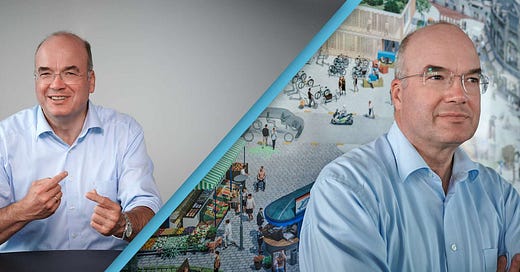



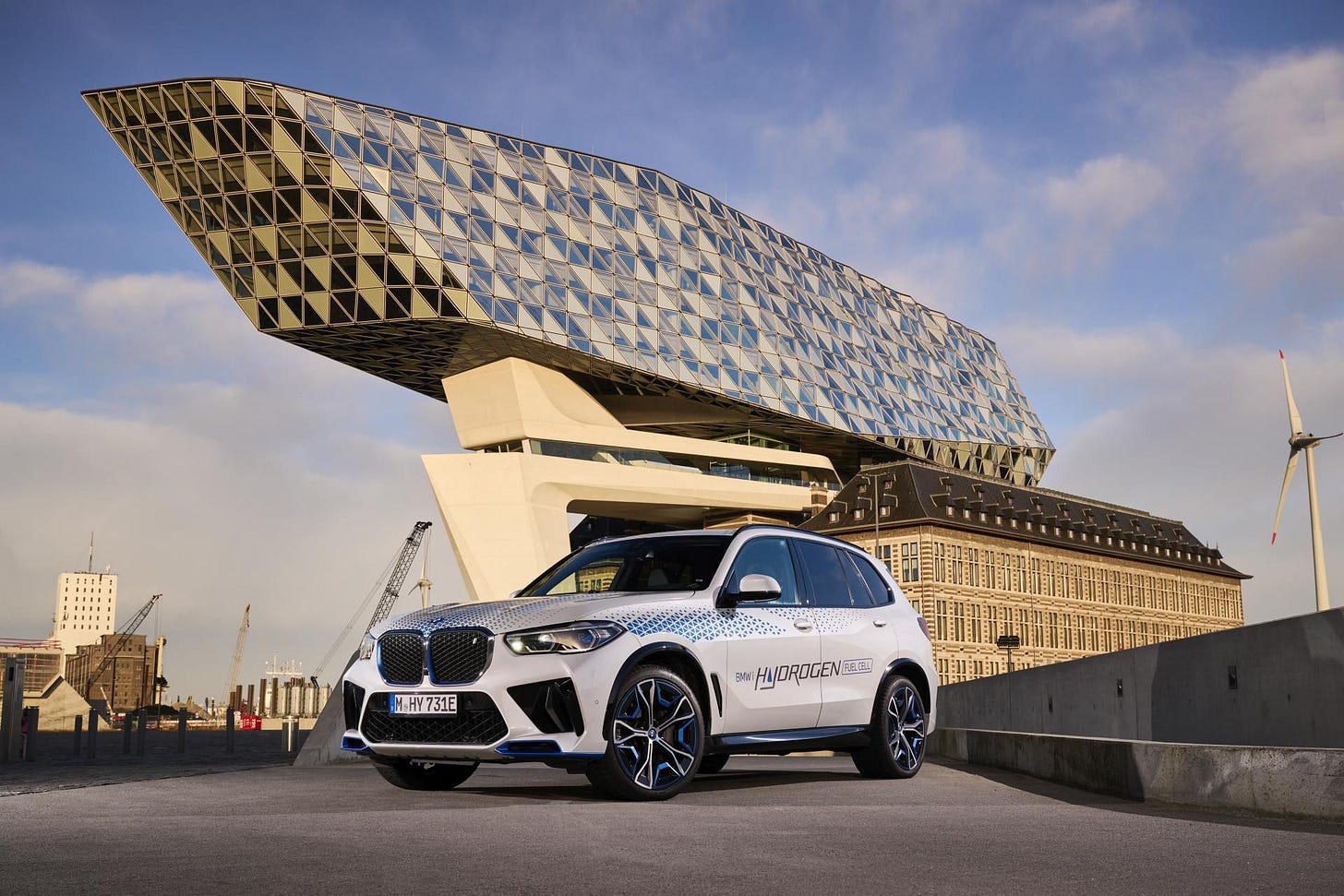
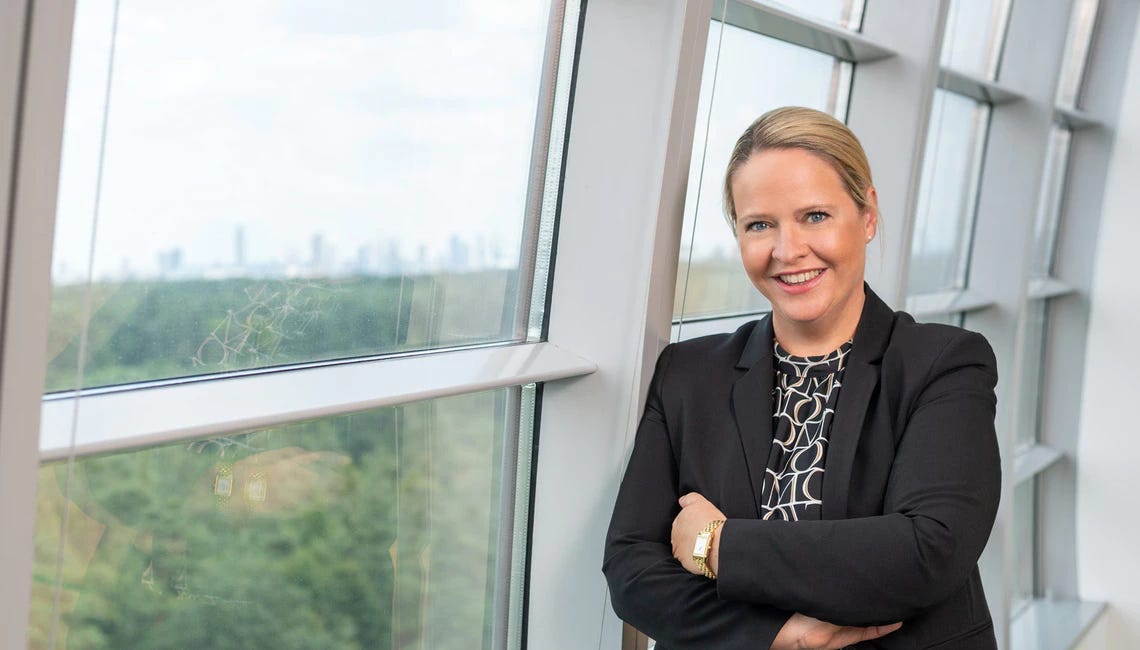



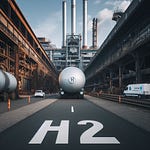
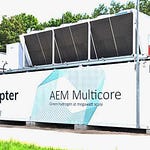



Share this post